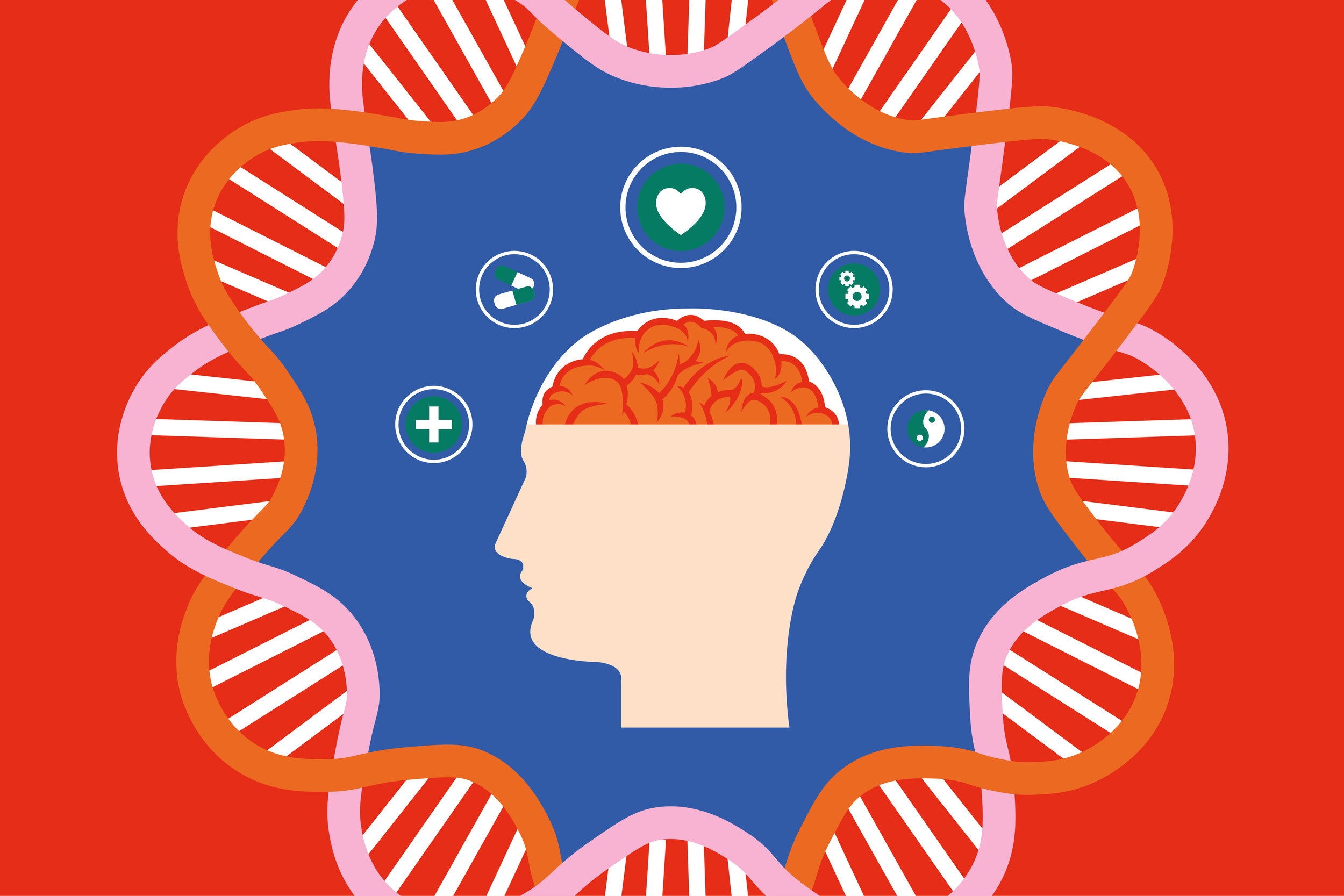What causes learning disabilities?
Since we’re tutors for learning disabilities, we want to empower our families with a better understanding of this diagnosis! In this series, we've shared a learning disability primer, covered how learning disabilities are diagnosed, what to do when learning of a new diagnosis, and the difference between learning disabilities and ADHD.
In this article, we will answer some common questions:
What causes learning disabilities? Are learning disabilities genetic?
As of this date, researchers don’t have a definitive answer for the cause of learning disabilities (LD). They do, however, have some idea of factors that are linked to learning disabilities.
Two realities to keep in mind as we discuss causes: LDs are found in children of all ethnicities and income levels, and they exist because there is a wide range of variation that naturally occurs in people’s cognitive strengths and weaknesses. Just as we all won’t be average, there is a certain percentage of the population that is going to be above average and below average, in any category or description of a skill or ability.
What we do know about causes and risk factors:
Heredity:
When parents or close siblings have a learning disability, a child is at a higher likelihood to develop a learning disability. This is why during the evaluation process you will be asked about family history.
Illness during and after birth:
An illness or injury during or after birth may increase the likelihood of learning disabilities.
Additional risk factors during the prenatal period include exposure to drugs or alcohol, physical trauma, poor growth in the uterus, low birth weight, and premature or prolonged labor (which can result in underdeveloped organs or deprive the infant’s brain of oxygen, respectively).
Stress during infancy/early childhood is a risk factor. Examples are:
Physical stress: high fever, head injury, nervous system infections.
Neurological conditions, such as epilepsy
Children with serious medical conditions may develop learning problems as a result of the condition or its treatment
Psychological trauma or abuse
Environmental risk factors:
Increased exposure to toxins such as lead. Even low levels of lead can lead to damage over time. Lead can be found in paint, dust, water pipes, ceramics, toys, etc.
Poor nutrition
Additional mental health disorders:
If a child is already diagnosed with ADHD or another disruptive behavior disorder, it increases the likelihood they will also be diagnosed with a learning disability.
Illness/injury later in life such as:
Dementia
Traumatic brain injury
“LDs are found in children of all ethnicities and income levels, and they exist because there is a wide range of variation that naturally occurs in people’s cognitive strengths and weaknesses”
Factors that DO NOT cause learning disabilities
Learning about possible causes of learning disabilities can be distressing, as we often have little control of them – we cannot control genetic links, nor can we control if we had a difficult pregnancy. We also often cannot control exposure to environmental toxins – many people do not learn of lead exposure until years after it has occurred.
With that in mind, it is important to know what does not cause learning disabilities. It’s also important to remember if we ourselves have a learning disability or any of the above scenarios occurred, it does not guarantee our child will develop a learning disability. Research shows only that there is a higher likelihood of a learning disability occurring if one or more risk factors were in place.
Some myths about causes of learning disabilities include:
Parental involvement in early childhood:
However much time you spend exposing your child to books or numbers or writing in their early years, this will not determine whether or not they develop a learning disability. If you can spend time reading with them, or counting with them, or scribbling on paper to develop fine-motor skills, that’s all great! It’s a good way to spend time with your child and will be beneficial, but it doesn’t promise protection or guarantee against future disabilities.
Gender as a cause:
While statistically more boys than girls are diagnosed with learning disabilities, researchers believe LD is under-diagnosed in girls and affects both genders at the same rate. Similar to ADHD and autism, girls may present symptoms slightly differently or demonstrate more compensation strategies or less disruptive behaviors, and may require closer observation and more proactive intervention for diagnosis.
Vaccinations:
Television/device time:
While it’s a good idea to follow the American Academy of Pediatrics recommendations for device and television time, research does not show a link between exposure to devices or television and later development of learning disabilities.
Needing glasses:
If your child needs glasses, please try to get them. But being able to see what the teacher is writing at the front of the room or is written on the worksheet is not going to erase underlying reading problems.
Laziness:
Laziness is not a cause of learning disabilities. There is often a correlation between disruptive or avoidance behaviors and learning problems, but the direction is usually the other way: students with learning problems act out as a way to distract or avoid the difficulties of learning.
Intellectual disability and/or autism
Learning disabilities are unrelated to cognitive ability
Persons with autism may or may not have learning disabilities; many persons with autism learn at a rate similar to their peers but may need other accommodations or supports to allow them to access education and demonstrate success
“Laziness is not a cause of learning disabilities.”
Learning disabilities: part of a diverse world
If you’ve stumbled upon this article, you or a family member may have been recently diagnosed with a learning disability. You may be wondering why this happened and searching for a way to somehow blame yourself or someone else. We hope that this article helps you stop looking for the “whys” and understand that likely no one and nothing is to blame. The causes of learning disabilities are largely unknown and usually have nothing to do with anything anyone could have controlled.
We see learning disabilities as another part of our diverse and wonderful world, so please read our hopeful answer to: can learning disabilities be cured?
Progress parade school psychologist answers a common question people have after a new LD diagnosis (spoiler alert: the diagnosis isn’t your fault)
































